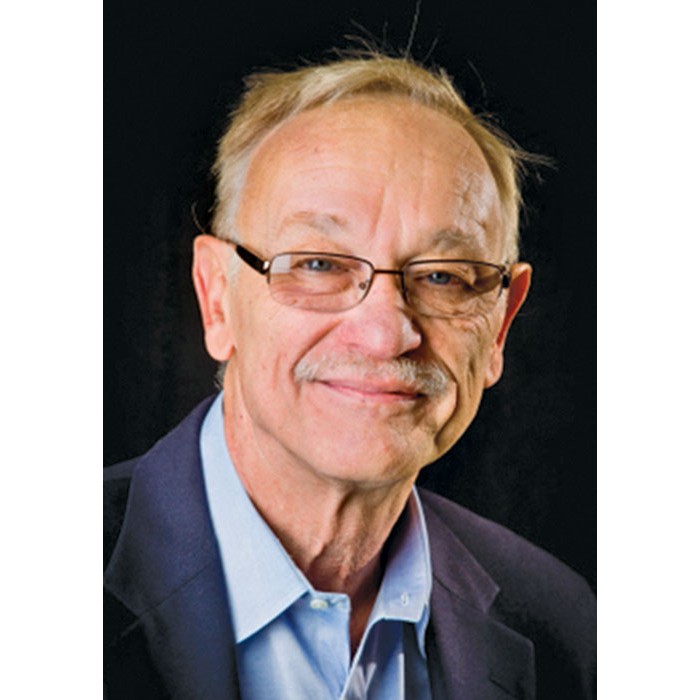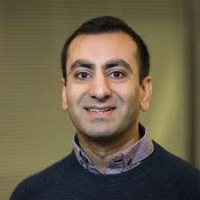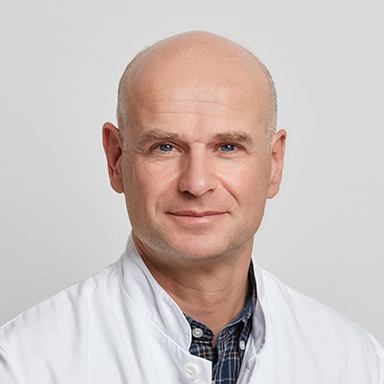Chromatography remains one of the most vital separation methods in analytical chemistry, with advancements leading to faster, more accurate, and more cost-effective processes. This track will cover innovations in HPLC, GC, ion chromatography, and multidimensional chromatography. Presentations will focus on novel stationary phases, detector technologies, and automation for improved resolution. Case studies from pharmaceuticals, food safety, and environmental applications will also be discussed. Attendees will gain insights into optimizing chromatographic methods for both research and industrial purposes.
Membrane processes have become indispensable for water purification, gas separation, and food processing industries. This track will explore ultrafiltration, nanofiltration, reverse osmosis, and emerging hybrid membrane systems. Topics will include membrane design, fouling control, energy efficiency, and sustainable manufacturing methods. Experts will share developments in polymeric, ceramic, and composite membranes. Participants will also learn about industrial-scale applications and how membrane processes are addressing global environmental challenges.
Efficient extraction and purification are essential in industries ranging from pharmaceuticals to biofuels. This track will examine techniques such as solid-phase extraction, supercritical fluid extraction, and liquid-liquid extraction. Discussions will focus on enhancing yield, purity, and scalability while minimizing environmental impact. Researchers will present innovations in solvent selection, automation, and process intensification. Real-world applications in natural product isolation, protein purification, and industrial chemical production will be highlighted.
Adsorption and ion exchange are critical for removing impurities and recovering valuable materials in various sectors. This track will cover adsorbent material development, surface modification techniques, and regeneration strategies. Case studies will include heavy metal removal, water softening, and gas purification. Presenters will explore breakthroughs in nano-adsorbents, bio-based materials, and process modeling for improved efficiency. Practical guidelines for scaling up and integrating these methods into industrial systems will be provided.
Centrifugation and filtration are core separation methods for solids-liquid and liquid-liquid systems. This track will address the latest equipment designs, operational parameters, and maintenance strategies. Sessions will explore high-speed centrifugation, microfiltration, and crossflow filtration. Industrial examples from biotechnology, wastewater treatment, and beverage processing will be shared. Special attention will be given to automation, continuous operation, and cost-effective filtration media selection.
Electrochemical separations offer selective and energy-efficient solutions for ion removal, desalination, and resource recovery. This track will delve into electrodialysis, electrocoagulation, and electrochemical reactors. Topics will include electrode material design, process optimization, and hybrid systems combining electrochemical and traditional methods. Presenters will highlight advances in treating industrial effluents, recovering metals, and producing high-purity chemicals. The role of electrochemical processes in circular economy initiatives will also be discussed.
Biotechnological processes often require complex separation and purification steps to obtain high-value products. This track will focus on downstream processing for proteins, enzymes, nucleic acids, and other biomolecules. Presentations will include chromatography, membrane filtration, and precipitation techniques adapted for biological systems. Innovations in continuous bioprocessing, single-use technologies, and high-throughput screening will be explored. Applications in pharmaceuticals, food biotechnology, and industrial enzymes will be covered in detail.
Separation technologies are essential for pollution control, resource recovery, and waste management. This track will explore separation solutions for air, water, and soil treatment. Topics will include advanced oxidation, membrane bioreactors, adsorption, and thermal separation. Experts will present case studies in wastewater recycling, industrial emission control, and hazardous waste treatment. Emphasis will be placed on cost-effective, scalable, and environmentally sustainable solutions for industrial and municipal applications.
Hybrid separation technologies combine two or more methods to achieve superior performance. This track will showcase membrane-distillation hybrids, chromatography-membrane combinations, and adsorption-crystallization systems. Attendees will learn how these integrated processes enhance efficiency, selectivity, and energy savings. Presentations will focus on design principles, modeling tools, and case studies from chemical, pharmaceutical, and food industries. Opportunities for innovation in emerging sectors will also be discussed.
Nanomaterials have revolutionized separation science by offering high surface area, tunable properties, and enhanced selectivity. This track will cover nano-adsorbents, nanofiber membranes, and nanoparticle-assisted separations. Research on functionalized nanomaterials for removing contaminants or recovering valuable compounds will be presented. Applications in water treatment, energy storage, and biomedicine will be highlighted. Sessions will also address challenges in large-scale production and environmental safety.
Track 11: Separation in Food and Beverage Industry
Food and beverage processing demands high-quality separation for safety, taste, and shelf-life. This track will focus on filtration, centrifugation, membrane separation, and extraction techniques used in this sector. Applications in dairy processing, brewing, juice clarification, and edible oil refining will be discussed. Industry experts will share best practices for meeting regulatory standards while maintaining product quality. Innovations for reducing waste and improving sustainability will be showcased.
Crystallization is a key step for producing high-purity solids in industries like pharmaceuticals and chemicals. This track will address process design, scale-up challenges, and control strategies. Topics will include batch vs. continuous crystallization, polymorphism, and impurity management. Presenters will share innovations in precipitation methods for wastewater treatment, mineral recovery, and food applications. Modeling tools for predicting crystal growth and morphology will also be featured.
Magnetic separation is increasingly applied in mineral processing, biotechnology, and recycling industries. This track will examine magnetic particle design, separation equipment, and process optimization. Case studies will include rare earth element recovery, protein purification, and microplastic removal. Advances in nanomagnetic materials and high-gradient magnetic separation will be presented. Discussions will cover both laboratory-scale research and full-scale industrial applications.
Thermal methods, including distillation, evaporation, and drying, remain fundamental in many industries. This track will focus on innovations in energy efficiency, heat integration, and process intensification. Applications in petrochemical refining, desalination, and food processing will be discussed. Presenters will share strategies for reducing carbon footprints while maintaining separation performance. Hybrid thermal systems combined with membranes or adsorption will also be explored.
Sustainability is driving the adoption of green separation methods, including supercritical CO? extraction and ionic liquids. This track will cover process design, solvent recovery, and product quality control. Applications in pharmaceuticals, cosmetics, and natural products will be highlighted. Experts will share developments in solvent-free and low-energy separations that minimize environmental impact. Regulatory and safety considerations for green solvents will also be discussed.
Pharmaceutical manufacturing requires precise separation and purification to ensure product safety and efficacy. This track will cover purification of APIs, removal of impurities, and isolation of intermediates. Topics will include continuous manufacturing, process analytical technology (PAT), and quality-by-design approaches. Case studies from small molecule and biologics production will be presented. Attendees will gain insights into meeting regulatory requirements while optimizing production efficiency.
Modeling and simulation tools are critical for designing and optimizing separation processes. This track will showcase computational fluid dynamics (CFD), process simulation software, and machine learning applications. Presentations will include case studies on process optimization, scale-up, and troubleshooting. Experts will discuss digital twin technology, predictive maintenance, and virtual commissioning. Attendees will learn how to leverage digital tools for improved decision-making.
Equipment design plays a central role in achieving desired separation performance. This track will cover advancements in column design, membrane modules, centrifuge systems, and filtration units. Topics will include material selection, energy efficiency, and modular construction. Presenters will share experiences in scaling laboratory processes to industrial operations. Practical guidelines for maintenance, troubleshooting, and lifecycle management will also be discussed.
Separation processes are at the heart of petrochemical and refining operations. This track will explore distillation, solvent extraction, and membrane processes for crude oil refining, gas processing, and chemical production. Discussions will focus on enhancing yield, reducing energy consumption, and meeting environmental regulations. Case studies will highlight innovative technologies that are transforming the sector. Opportunities for carbon capture and resource recovery will also be presented.
The separation science landscape is evolving rapidly with new technologies and applications. This track will explore cutting-edge research in microfluidics, advanced sensors, and AI-driven process control. Presenters will discuss disruptive technologies that have the potential to revolutionize separation efficiency and sustainability. Attendees will gain insights into the future of the industry, potential collaborations, and areas ripe for innovation. This forward-looking track will set the stage for the next generation of separation solutions.








